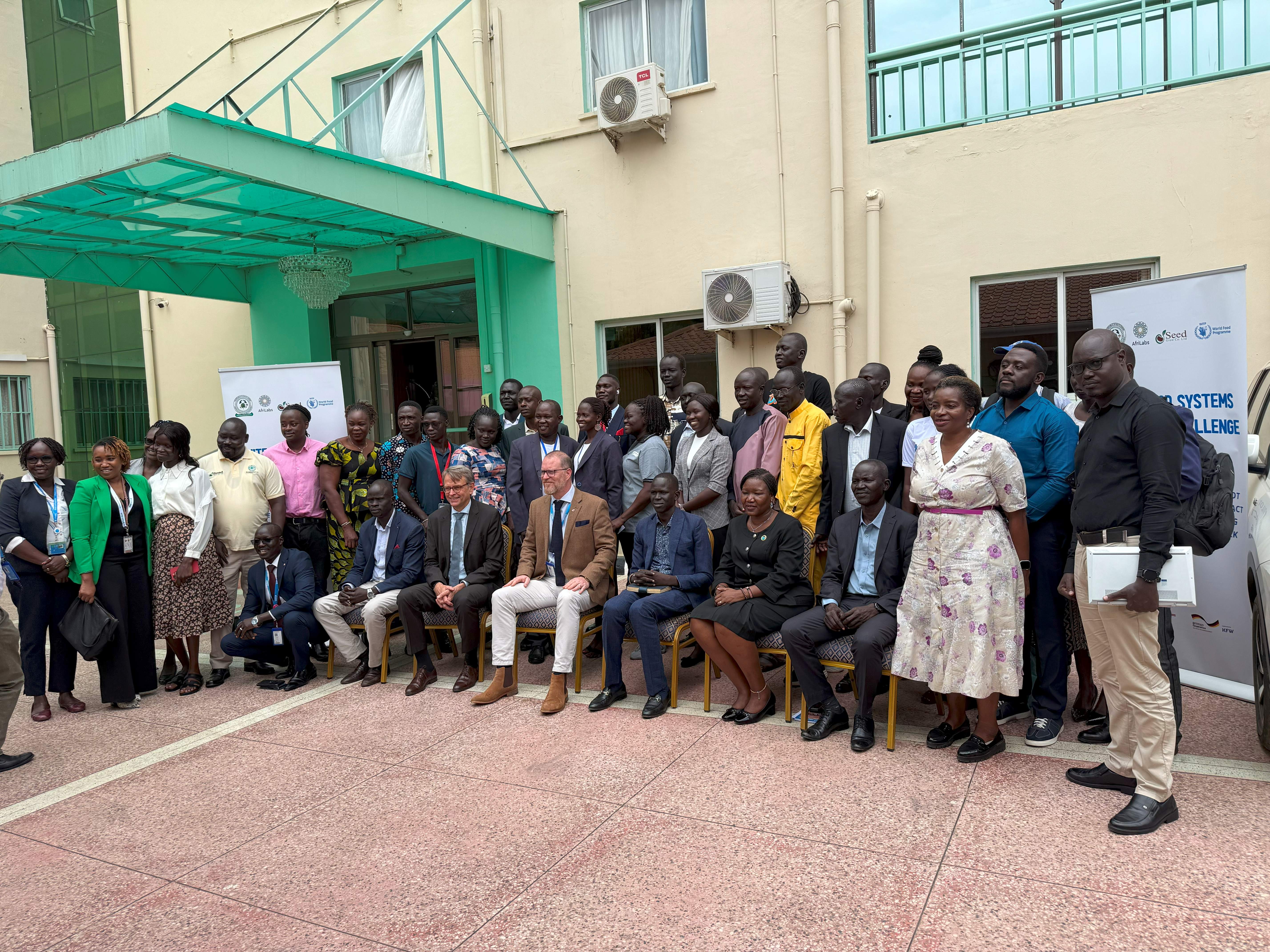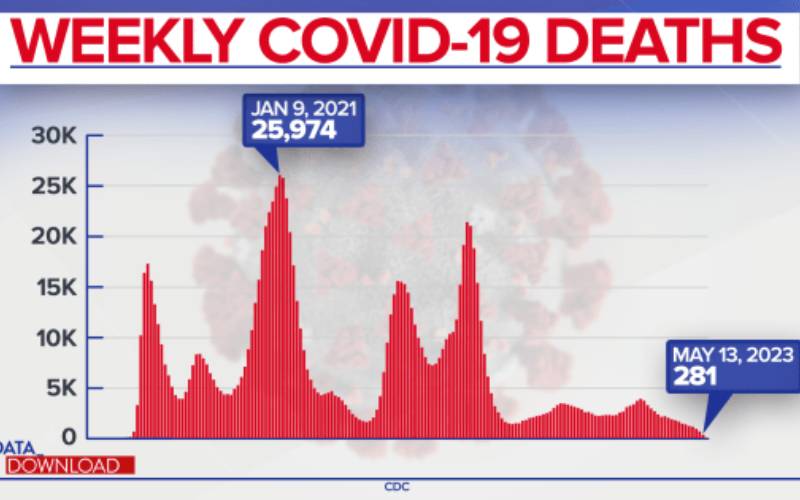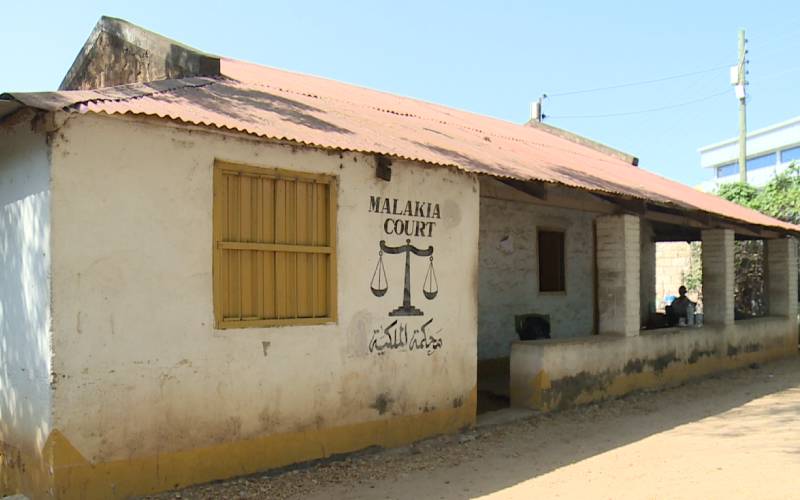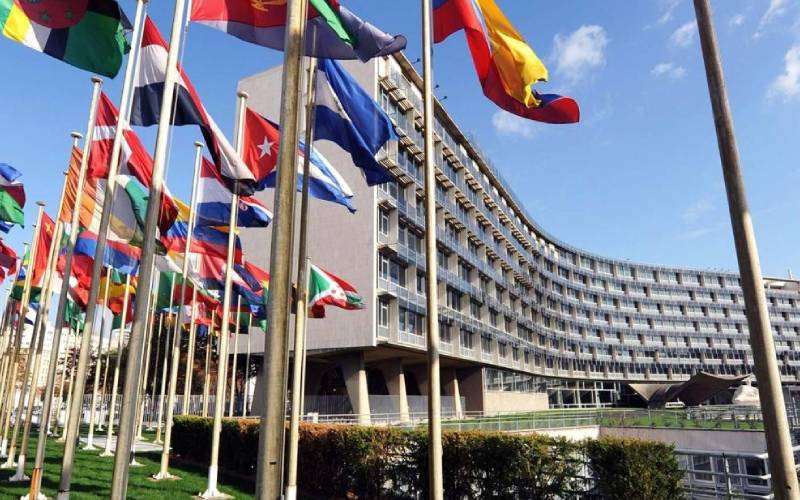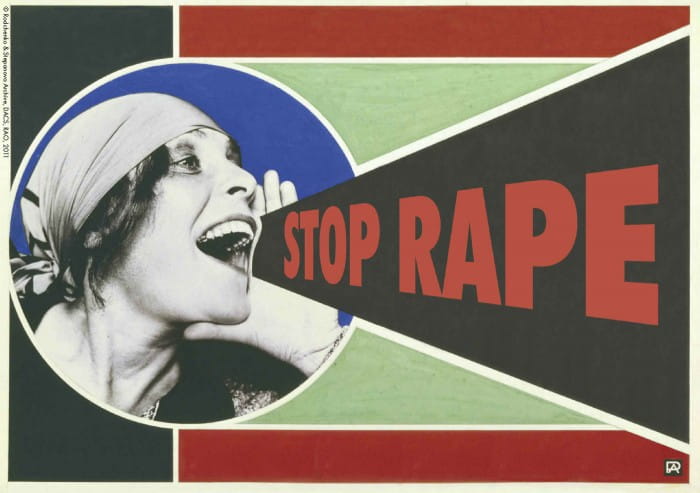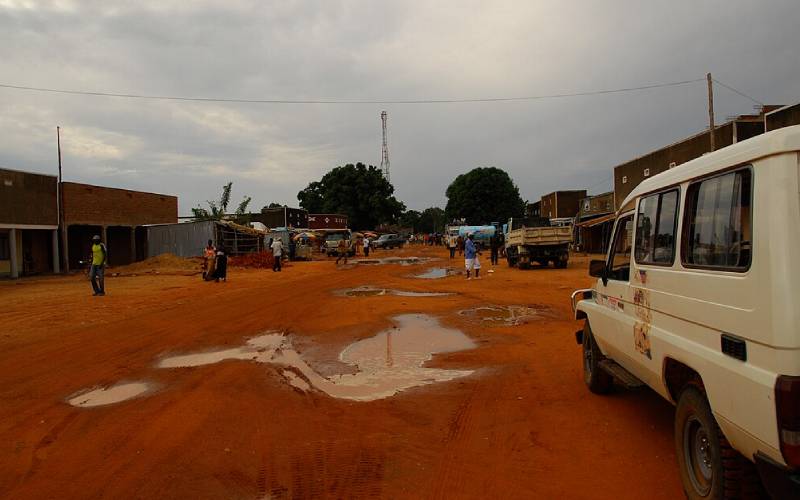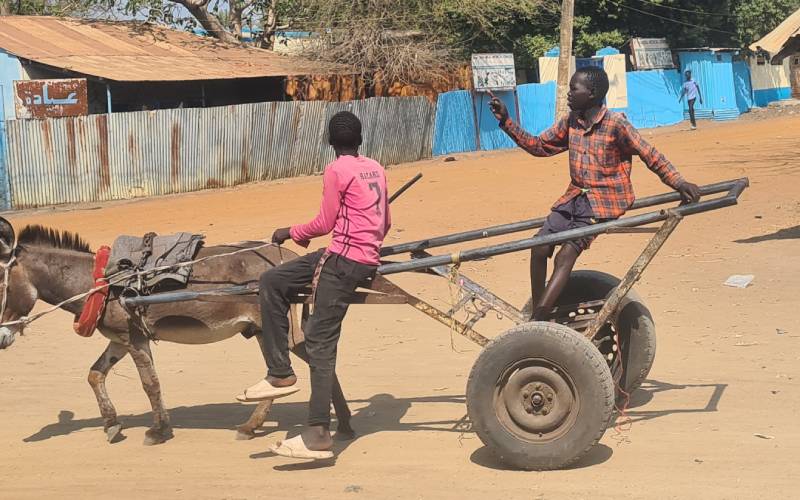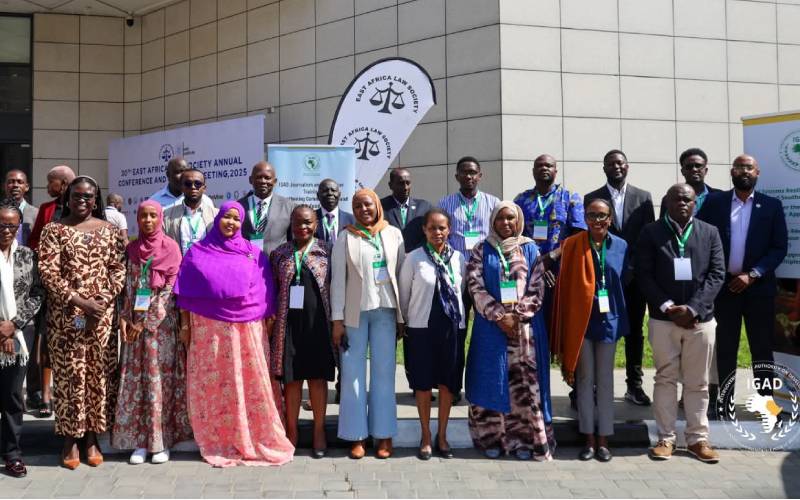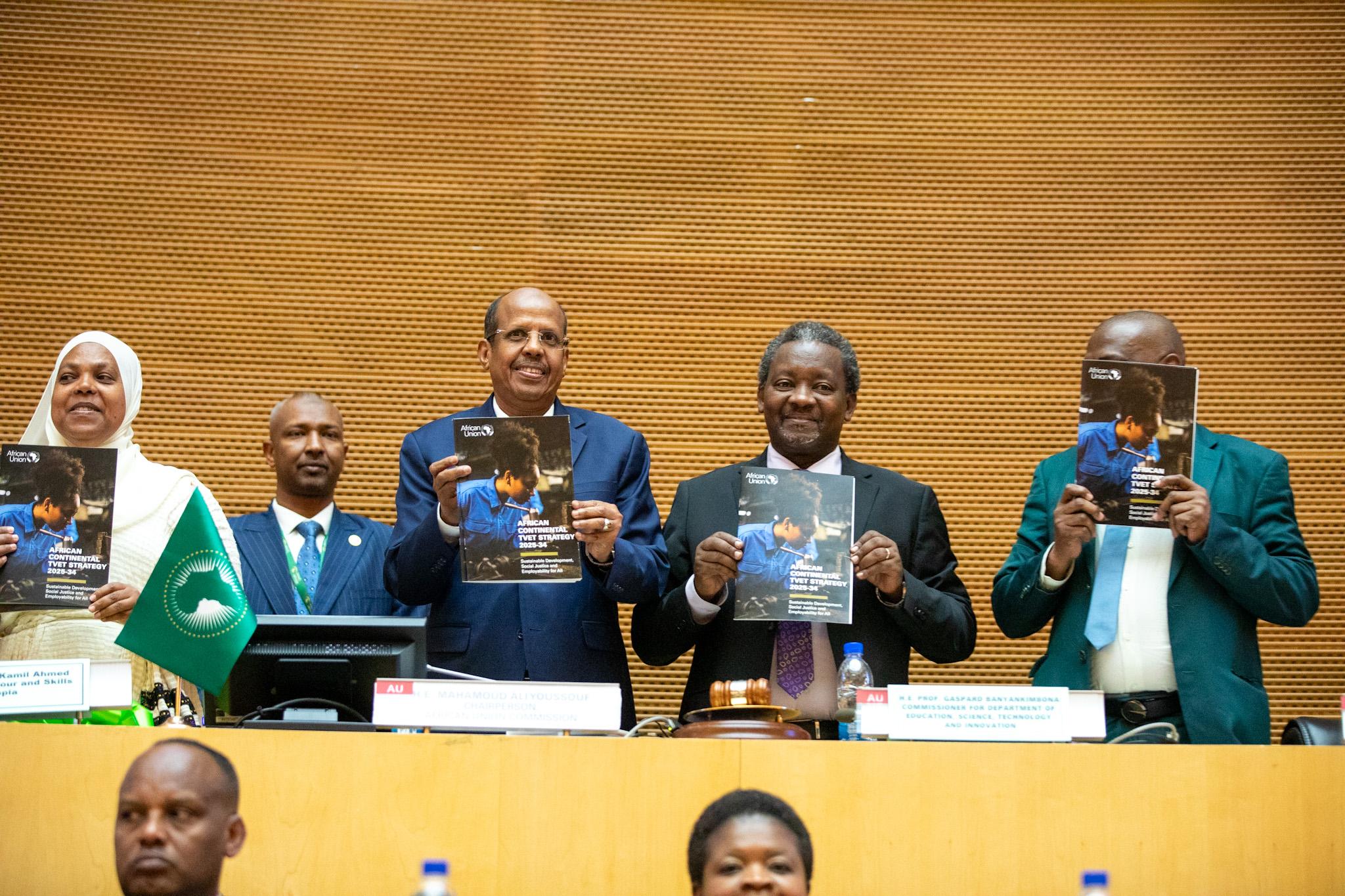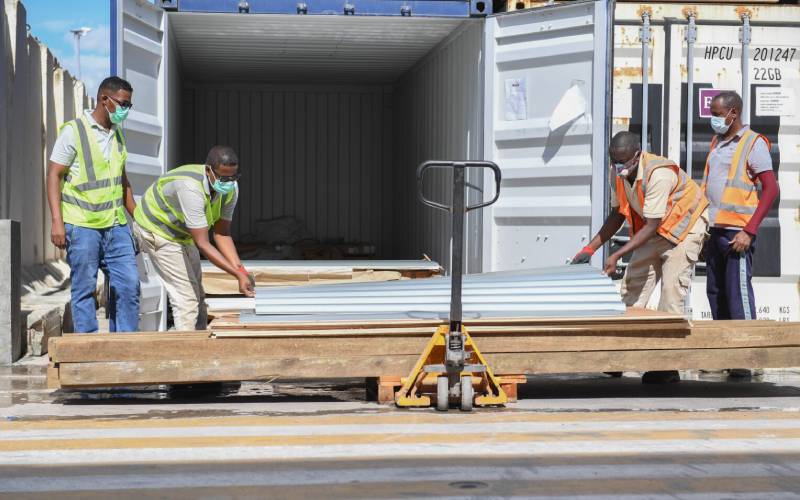The United Nations World Food Programme (WFP) has awarded $544,000 to 11 companies in South Sudan. This funding, which comes from the WFP IGNITE Food Systems Innovation Challenge, aims to promote reform in South Sudan’s food system.
South Sudan has been facing a humanitarian crisis due to violence and climate-related challenges. According to the Integrated Food Security Phase Classification (IPC) 2025 data, 7.7 million individuals experienced severe food insecurity between April and July 2025.
John Ogoto Kanisio, Undersecretary for Agriculture at South Sudan’s national Ministry of Agriculture and Food Security, believes that investing in energetic young entrepreneurs can help secure South Sudan's position in the region.
“By investing in young, innovative entrepreneurs, we are not only creating jobs, but we are also unlocking rural potential, driving inclusive agribusiness growth, and cultivating a new generation of leaders who will position South Sudan competitively in regional and global markets,” says Kanisio.
Björn Niere, the German Head of Cooperation, commends the innovations led by young entrepreneurs, emphasizing the necessity for a supportive environment for such enterprises to succeed.
“Sustainable food systems need exactly these innovations. They also require strong partnerships, clear standards, and a safe and free environment for ideas to grow,” says Niere.
Adham Effendi, the WFP’s Acting Country Director in South Sudan, laments the absence of personal financial and technical assistance that hinders entrepreneurship in the country.
“Lack of access to finance and technical support is suffocating innovations of South Sudanese young entrepreneurs,” says Effendi. “Through generous support by DANIDA and KFW, we are reaching bright and talented entrepreneurs to unlock their potential and provide solutions to food systems challenges.”
Nanko Madu, Director of Programmes at AfriLabs, asserts that supporting local entrepreneurs will drive sustainable economic growth, leading to a food-secure and climate-resilient South Sudan.
“By backing visionary local businesses, we are not only fuelling sustainable economic growth but also proving that transformative change can and must come from within. These entrepreneurs are the architects of a more food-secure, climate-resilient future for South Sudan,” says Madu.
The challenge was introduced earlier this year with the backing of the Danish International Development Agency (DANIDA) and the German Development Bank.
The two top winners selected from a pool of over 200 entries are Africa Cornerstone General Trading’s Innovation Centres, which focus on biodegradable and recyclable packaging solutions to minimize food waste and carbon emissions, and Dream Farm Agribusiness Cooperative, which transforms poultry manure into organic fertilizer, develops seed solutions, and utilizes water-efficient housing.
All the winners include agri-tech, post-harvest management, livestock production, and sustainable food distribution. The winners include AgriSmart Farm and Urban Gardens, Golden Farm South Sudan Ltd, Hope and Care for Development, Long Puou Cooperative Society, Lulu Bakes, Mading Chan Young Network Economic Development, Magwi College of Agribusiness and Management Science, National Star Investment Co. Ltd, and Tropical Wet Organics Ltd.
As reported by UNDP, youth unemployment exceeds 50 percent in South Sudan, driven by low demand in the labor market, a shortage of skilled workers, mismatched employment and education, and the absence of effective youth policies.
